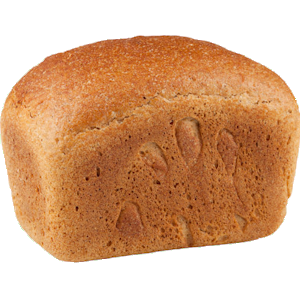The Man Who Was Paralyzed
Summary
Jesus is teaching in a house in his home town. Several men bring a paralyzed man to Jesus to be healed, but they can’t get close, because the house is packed. They go up on the roof, dig a hole large enough to put a person through, and lower the man in front of Jesus.
Jesus declares that the man’s sins are forgiven. When the Jewish religious leaders take offense at this, he asks which is easier to do, pronounce forgiveness or command healing? Jesus tells the man to get up, take his mat and walk, which he does.
Scripture References
- Episode: Mt 9.1-8, Mk 2.1-12, Lk 5.18-26
- Power: Lk 4.14, 4.18
- Awe and Praise: Lk 5.26, 7.16, 13.13, 17.15, 18.43, Ac 4.21
- God forgives: Ex 34.6, Ps 103.3, 130.4, Is 43.25, 44.22, 48.11, Dan 9.9
- Healing and forgiveness: 2 Chr 7.14, Ps 103.3, 147.3, Is 19.22, 38.17, 57.18,
- Healing and sin: Ps 41.4, Jer 3.22, Hos 14.4
Discussion Questions
- What is the significance of Luke’s phrase about “the power of the Lord” for our understanding of the Incarnation?
- Do you notice anything unusual in whose faith is seen and whose sins are forgiven? What conclusions do you draw from this?
- Is there a significant difference between the questions Jesus asks the scribes in the Matthew account and the accounts in Mark and Luke? Why did Jesus use the word “evil?”
- Where were the Pharisees and teachers physically located in this story? How did this impact the effort to bring the man before Jesus? Is there a lesson for today about religious people and suffering people?
- When Jesus says “which is easier,” why does he imply that saying one is harder than the other?
- What is the ultimate purpose of shalom ministry that we see played out in this episode?
